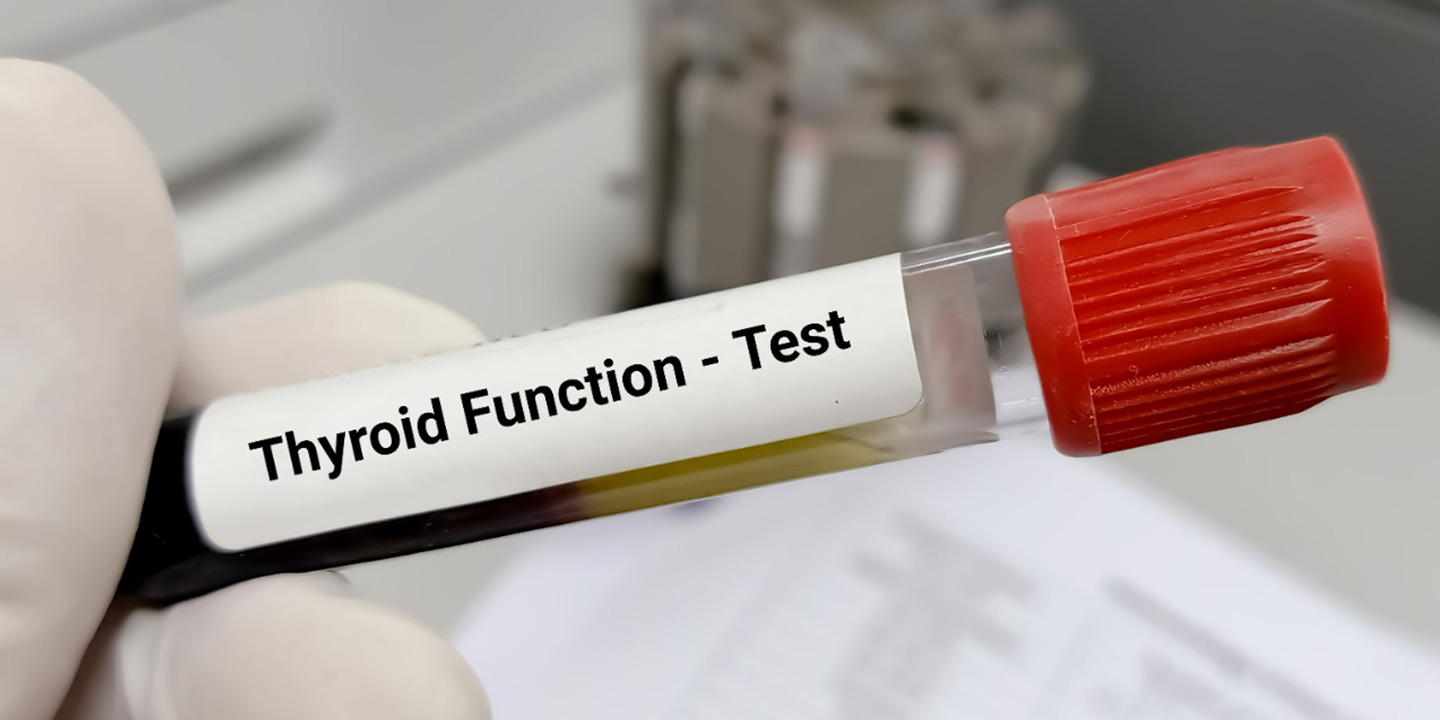Teen drinking isn’t just about parties and having fun with friends—it’s more serious than that. For some teens, experimenting with alcohol can quickly spiral into a problem that impacts their health, relationships, and future. Whether you’re a teen or someone who cares about one, understanding the real impact of alcohol use and knowing how to spot the warning signs early can make a huge difference. This guide dives into what happens when teen drinking goes too far, how to recognize when someone’s in trouble, and where to find help when it’s needed most.
Why Teens Drink and What Happens Next
Teens drink for all sorts of reasons. Some do it to fit in with their friends, while others might use alcohol as an escape from stress, anxiety, or pressure at home or school. It may start as a way to have fun or relax, but the effects of alcohol on a teen’s developing brain are way more intense than for adults. The earlier a teen starts drinking, the higher the risk of developing addiction issues later in life.
In the beginning, it may seem like no big deal—just a drink here and there. But as drinking becomes a regular part of someone’s life, it can lead to more than just a bad hangover. When alcohol use increases, it can disrupt school, sports, and relationships with friends and family. At this stage, looking out for early signs of alcoholism is key. These signs might include mood swings, secretive behavior, or a sudden drop in school performance. Spotting these changes early can help prevent more serious problems down the line.
How Alcohol Affects a Teen’s Body and Mind
Most teens don’t realize how alcohol can mess with their body and mind. Drinking during these critical years can disrupt brain development, affecting memory, decision-making, and learning abilities. This can lead to issues like poor grades, difficulty concentrating, or risky behaviors like driving under the influence. Over time, drinking can take a toll on mental health, making feelings of anxiety or depression worse.
But it’s not just the brain that alcohol messes with. It also impacts physical health. Heavy drinking can lead to liver damage, issues with growth and development, and even problems with the immune system. The idea that “it won’t happen to me” is common among teens, but the effects of alcohol can sneak up. And before long, they might find themselves in a pattern that’s hard to break.
The Social Impact: When Drinking Starts to Take Over
Socially, alcohol can feel like a ticket to popularity and fun nights out, but that image fades fast when drinking becomes a habit. Teens who drink heavily might start drifting from their usual friends and find themselves hanging out with others who also drink. Parties and gatherings that used to be about having fun and connecting have become all about getting drunk.
When alcohol starts taking over, relationships with friends and family often suffer. Arguments at home become more frequent, and the pressure to hide their drinking habits can make teens more secretive. The fallout from drinking often spills over into other areas—like missing practices for sports teams, skipping school, or losing interest in hobbies. The teen might not even realize how much they’ve isolated themselves until they’re left feeling alone.
Getting Help: Finding the Right Support
So what can you do if you or someone you know is struggling with alcohol? The good news is that there’s help out there. For teens who feel like they’re losing control, talking to a trusted adult is a strong first step. It could be a parent, teacher, coach, or counselor—someone who can listen and help make sense of the next move.
Sometimes, teens need more than just a conversation to get back on track. Therapy can help address the reasons why they’re drinking and give them the tools to cope with life’s challenges in a healthier way. In more serious cases, treatment programs designed specifically for teens are available. If things have escalated, a quick search for adolescent iop programs near me can lead to intensive outpatient programs that provide structured support while still allowing teens to stay at home and attend school. These programs often include counseling and group support, giving teens the chance to connect with others going through the same thing. Reaching out isn’t a sign of weakness; it’s a move toward a better future.
Life After Recovery: It’s Not the End, It’s a New Start
Getting help for teen alcoholism isn’t about labeling someone as an “addict” forever—it’s about starting fresh. Recovery means understanding the impact of alcohol and learning how to manage stress and emotions in a healthy way. It’s also about finding new passions and rediscovering what truly makes life exciting. Teens who go through recovery often develop a deeper sense of self-awareness and resilience, giving them the skills they need to handle life’s challenges without turning to alcohol.
Life after recovery doesn’t mean being alone, either. Support networks, from friends to recovery groups, are there to keep the momentum going. Staying connected with people who understand the journey and want to see each other succeed is a big part of what keeps teens on track. Plus, it’s an opportunity to create new friendships and find other ways to have fun that don’t involve alcohol.
Wrapping Up
Teen drinking is more than just a phase—it’s a serious issue that can have lasting consequences. But with the right knowledge and support, it’s entirely possible to catch the warning signs early and turn things around. Whether it’s seeking out professional help or simply opening up to someone who cares, taking that first step can make all the difference. It’s never too late to find a healthier, happier way forward.
Keep an eye for more latest news & updates on Internal Insider!










